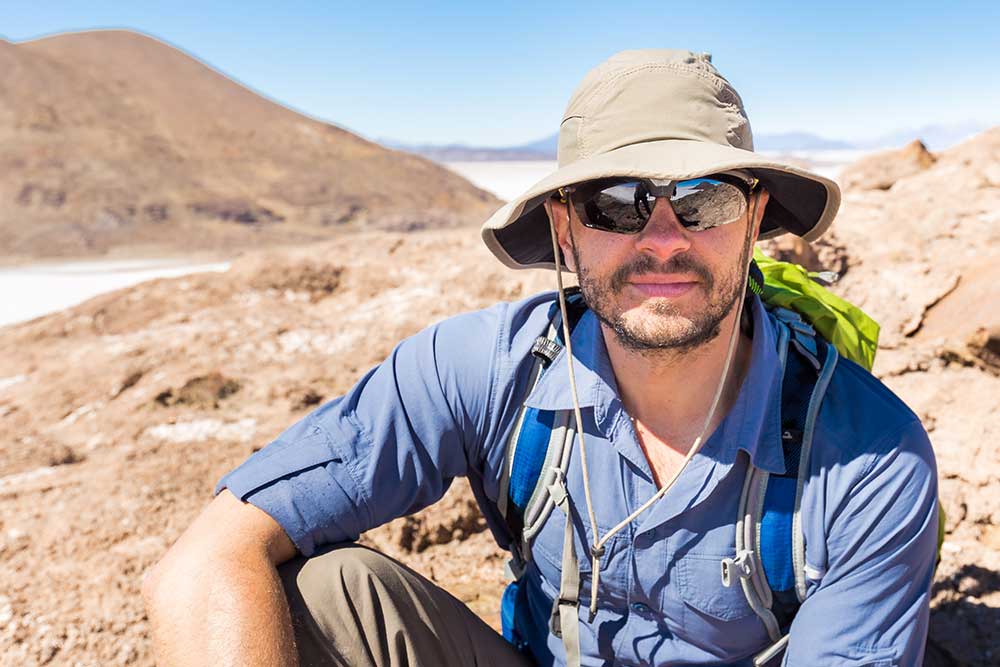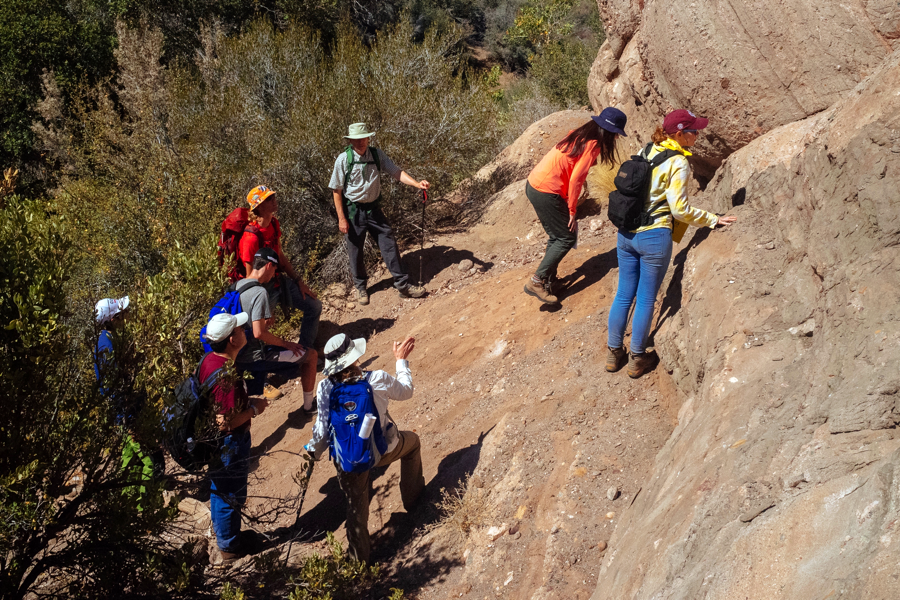All Categories
Featured
Table of Contents
Geophysicist Careers in Bull Creek Western Australia 2020
This work is progressively contracted out, so consultancies supply another source of work. Consultancy companies vary in size, from really little business to big multinationals. Some consultancies are quite specialised in utilizing specific geophysical methods or operating in specific places, while others offer a more varied series of services to their customers.
The extraction of gas from land fill sites is another area of employment and this may grow in the future. Expedition companies might undertake work for building and construction firms, public utility, mining business and ecological companies, so geophysicists may be utilized in any of these settings. Other companies include: geological surveysgovernment bodies and agenciesuniversities and research institutes.


Jobs might be listed in the oil and gas sector press. Recruitment is affected by oil rate fluctuations and the level of competition for positions varies depending upon this. Careers Days, which cover the full series of geoscience professions and are usually gone to by a number of essential industry employers, are run by The Geological Society.
Geophysical Survey Methods in Atwell Oz 2021
Some of the large oil and gas business use a complete two-year structured training programme throughout the breadth of geophysics, including the opportunity to experience work in various groups before specialising in one location. Your training might include deal with: existing wellsmagnetic and gravitational possible field data analysisresearchrock analysis. However, it's more normal for your preliminary training to be supplied on the task.

There may be a probationary period during which you work along with a knowledgeable associate. Competency-based appraisals take place routinely in a lot of firms. In smaller companies, and for scholastic posts, there is not likely to be any official training - you'll be anticipated to begin work straightaway and pick up skills as you go along.
If you work for a smaller company, you may find that you require to take duty for arranging and funding your own development and training. If you have a geology degree, membership of The Geological Society can be helpful for networking and for maintaining to date with the market.
Geophysical Survey - Mining Fundamentals in Southern River WA 2023
You may also find it beneficial to join the PESGB (The Petroleum Exploration Society of Great Britain, which has a geophysics unique interest group. After a probationary duration, and once you have actually gotten some experience, you might progress to senior geophysicist, then group leader and then into a senior role in management.
The ease of movement between roles depends on the company structure. Research study at Masters or Ph, D level in a subject related to geophysics or geosciences may assist with your career development and progression. The employment market within the oil and gas market is very dependent on cost and this may affect your opportunities for career development.
Not all jobs are reliant on the oil and gas industries. For experienced geophysicists, freelance consultancy uses a great route for career development. You can also specialise in a specific area of geophysics. As a geophysicist, you're most likely to have numerous tasks throughout your working life. International mobility is essential for handling peaks and troughs in various countries at various times.
How To Become A Geophysicist in Perth Western Australia 2021
From geophysics, it's possible to focus on seismology (completing further training to become a seismic interpreter) or to move into related locations such as engineering geology or hazard forecast.
Deciding what to study in college is a tough option. Even if you know that your field of interest lies in science, what program of study is right for you?
The first step to attaining your objective of becoming a geophysicist is making a degree. Even for entry-level positions in the field of geoscience, you'll require a bachelor's degree (a geophysicist college degree) from an accredited college or university. Geophysicists must be able to: analyze rocks, photos, and other pieces of data conduct research study both in the field and in laboratories create maps and charts of their findings compose reports To accomplish all this, students need a specialized education for geophysicist careers.
As specified above, you'll require a bachelor's degree in geoscience or an associated discipline, such as a physical science or a natural science, to land an entry-level job. But trainees can likewise prepare by majoring in subjects like: Biology Chemistry Computer system science Engineering Mathematics Physics The above geophysicist majors use a more generalized technique to a single clinical discipline, however the majority of programs need students to take one or more geology course.
Latest Posts
Geophysical Surveys: Definition & Methods in Forrestdale Oz 2020
Geophysics in Spearwood Australia 2022
Geophysical Survey in Kinross Oz 2022